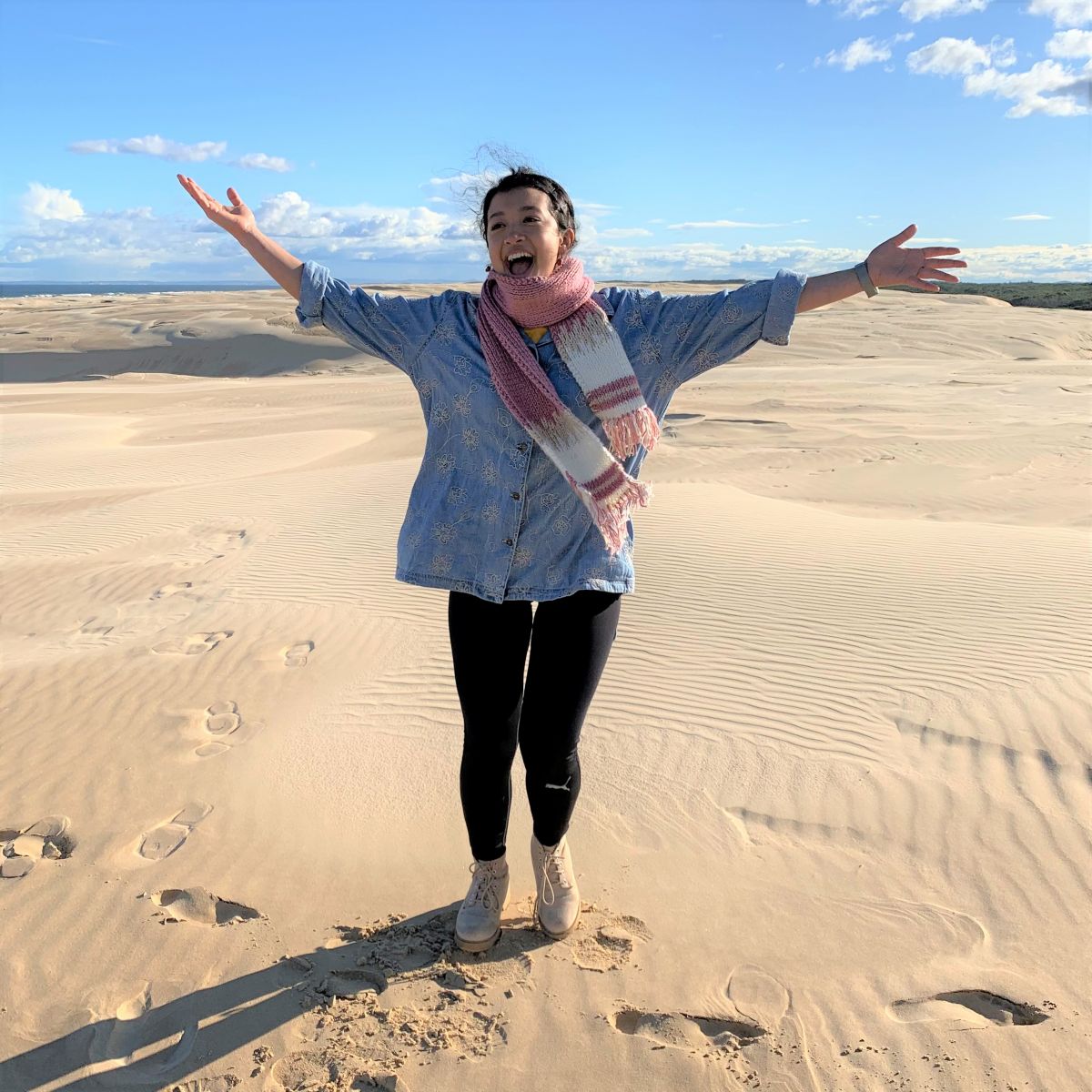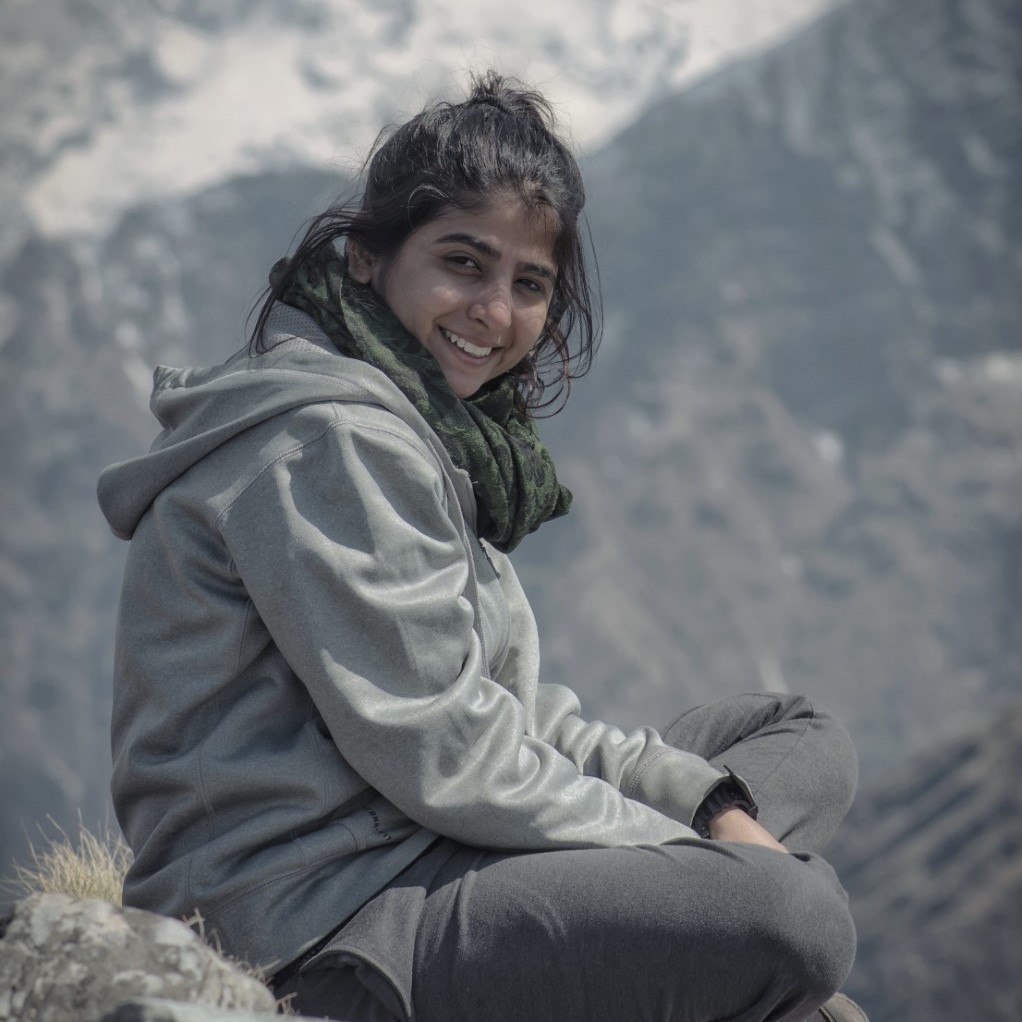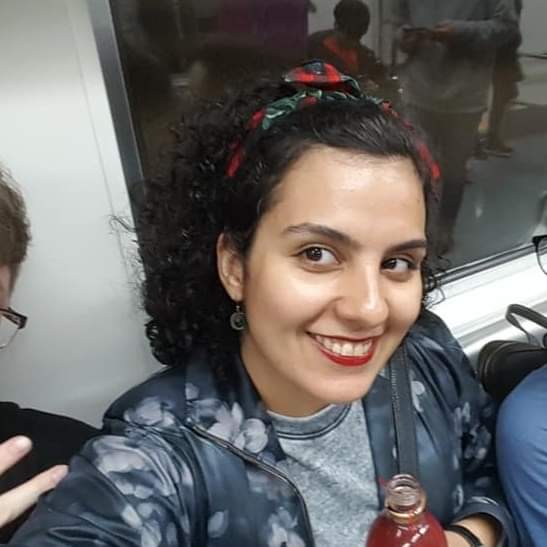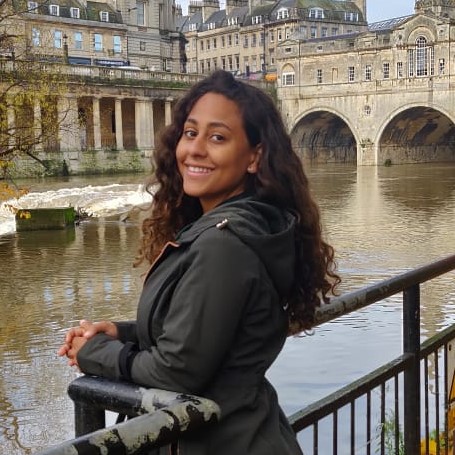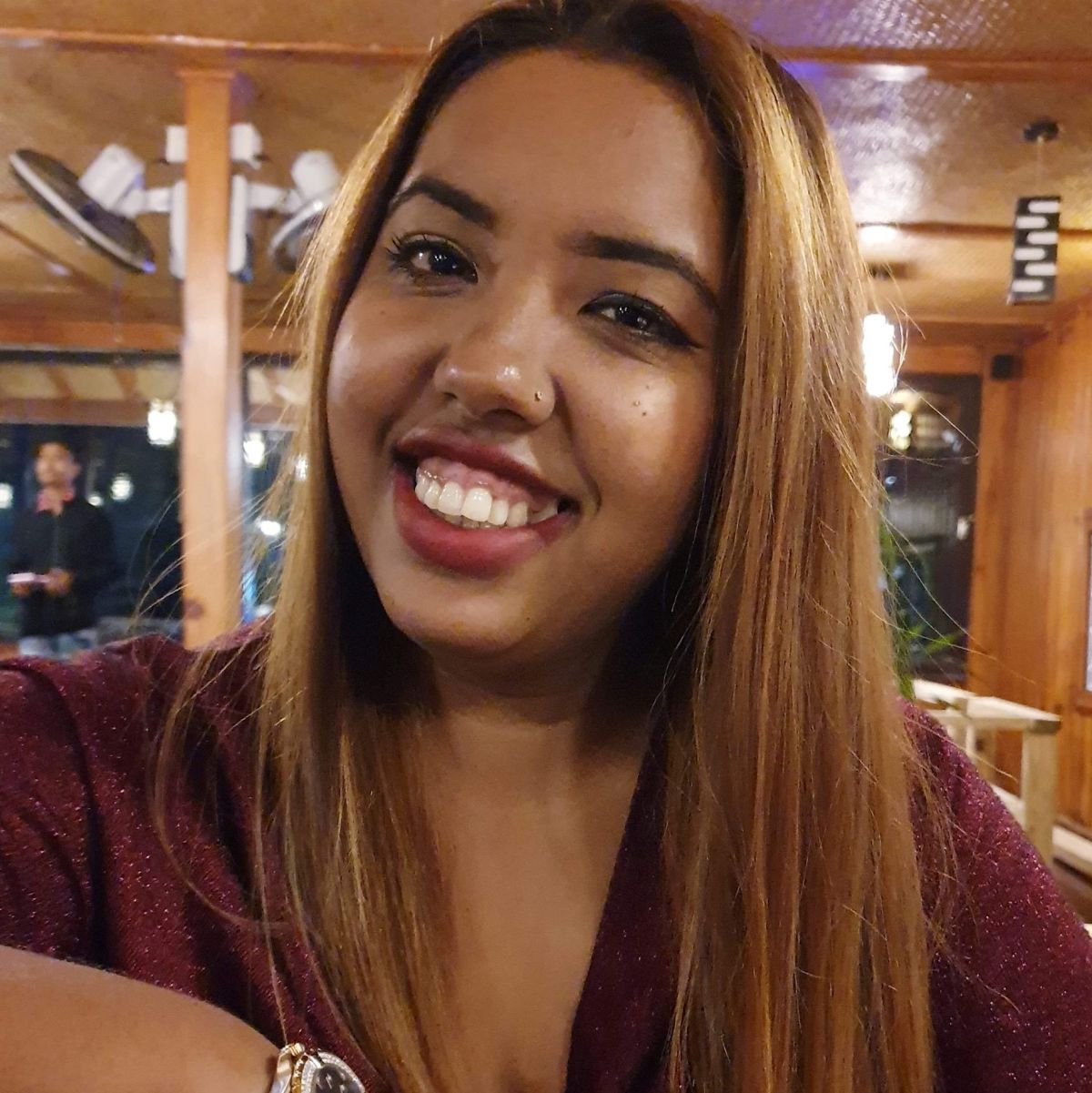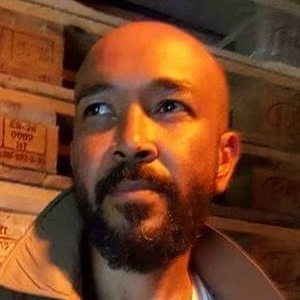Bisexual Men: Do We Even Exist?
With so much recent acceptance of the idea of sexuality being a spectrum, the fact bisexual men even feel the need to defend our very existence seems very quaint in 2020.
Australia, Oceania
Story by Hal Fulcher. Edited by Mira Kinn
Published on March 5, 2020.
Reading time: 5 minutes
This story is also available in 







Being a bisexual teen was a struggle. When I first heard the term ‘bisexual’ at age 13 I had an immediate ‘Aha!’ moment, while at the same time violently rejecting the idea. “I like Kristen in Maths, I’m straight,” I told myself – avoiding at all costs thinking about the boys in my class I was also attracted to.
Growing up in a small, fairly homophobic town in Australia brought about years of denial about my attraction to men. While friends around me were launching into their first fledgling relationships, I was doing my best to pretend I didn’t even have a sexuality – hoping life would return to the simplicity before puberty struck. “Maybe if I just read Harry Potter for the 10th time and act like nothing is wrong I can make it through high school.” - My inner monologue circa 2003.
It wasn’t until my early 20s that I felt comfortable enough admitting I was bisexual – first to myself and then to others. While things definitely became easier post-coming out and a weight was lifted, identifying as bisexual continues to be a personal hurdle to forming relationships and feeling accepted by those around me. Sometimes I wonder if this is just a hang-up from my small-town upbringing – I moved from Australia when I was 22 and have lived in several much more accepting European capitals. However, something continues to surprise me: the raised eyebrows and distrust I occasionally still face after telling someone I’m bisexual from both straight and gay people. In the past straight women have rejected me for really just being gay, or gay men have claimed I would eventually dump them for a woman.
This sense of not quite belonging to either the straight or gay community might go some way in explaining a 2018 report from the Center for American Progress, which found bisexuals are worse off than both straight and gay people across a range of social and health markers. For example, while gay men are twice as likely to be living in poverty than straight men, the figure doubles for bisexual men – something I was obviously horrified to discover. Especially considering bisexuals make up the largest component of the LGBT community – a whopping 52 percent, according to this 2016 study from the Movement Advancement Project. But we also seem the least visible – where are the bisexual bars and support groups? Conspicuously absent.
The worst is when people don’t believe my sexuality even exists. As recently as February 24 there was a worldwide trending topic on Twitter: #BisexualMenExist, in which – you guessed it – bisexual men refuted the long-held belief we are fictional or imaginary creatures that live somewhere north of Narnia.
With so much recent acceptance of the idea of sexuality being a spectrum, the fact bisexual men even feel the need to defend our very existence seems very quaint in 2020.
Conspicuously, bisexual women don’t seem to face the same problem proving their sexual identity is an actual thing. Presumably, this is due to straight men (read: patriarchal society) fetishizing the idea of two women being together sexually, while still desiring male attention. Two men together, however, doesn’t serve a straight male’s desire, so both men are obviously 100% gay. I mean, IS ANYONE 100% ONE WAY OR THE OTHER ANYWAY?! The sexuality binary confuses me and I will frankly never understand it.
Another reason I think bisexual men’s existence is sometimes thrown into question is our severe lack of representation on TV and in the media at large. EXCUSE ME, BUT WHERE ARE WE? Growing up in Australia any type of representation was – I’d go so far as to say – completely non-existent. This, thankfully, along with the representation of other queer identities is starting to change. Platforms are increasingly showing diverse sexualities and gender identities in their programming.
To conclude, do bisexual men exist? Uhh… Yeah, duh. Are we sometimes side-lined and made to feel invisible? Also yes. But things are improving.
How does this story make you feel?
Follow-up
Do you have any questions after reading this story? Do you want to follow-up on what you've just read? Get in touch with our team to learn more! Send an email to [email protected].
Talk about this Story
Please enable cookies to view the comments powered by Disqus.
Subscribe to our Monthly Newsletter
Stay up to date with new stories on Correspondents of the World by subscribing to our monthly newsletter:
Tags
Topic: Gender
> Australia
Memoir of a Beauty Queen
A story by Jemina Shrestha
4 min English Audio available
Was I really going to fight to get validated for being the most worthy? The answer came in a big "NO." Read more...
> India
My Life as a Woman in India: Goddess of Many Virtues, Except Wealth
A story by Charu Thukral
4 min
Despite strongly standing to society’s demand of being a ‘superwoman’, my mom has hardly received appreciation for her efforts. Read more...
> South Korea
How Drag Helped Me Find Identity and Community in Seoul
A story by Megan Rothnie
4 min
I already had a few Queer friends in Korea, but now I had a community, a way into Queer spaces and a place where I could exist as a Queer woman without worrying if I was being too flamboyant. Read more...
Explore other Topics
Get involved
At Correspondents of the World, we want to contribute to a better understanding of one another in a world that seems to get smaller by the day - but somehow neglects to bring people closer together as well. We think that one of the most frequent reasons for misunderstanding and unnecessarily heated debates is that we don't really understand how each of us is affected differently by global issues.
Our aim is to change that with every personal story we share.
Community Worldwide
Correspondents of the World is not just this website, but also a great community of people from all over the world. While face-to-face meetings are difficult at the moment, our Facebook Community Group is THE place to be to meet other people invested in Correspondents of the World. We are currently running a series of online-tea talks to get to know each other better.












